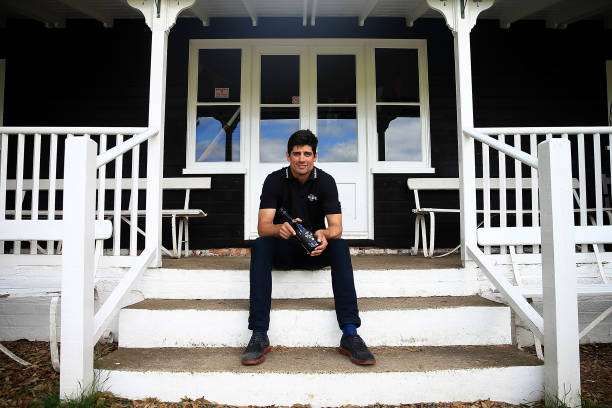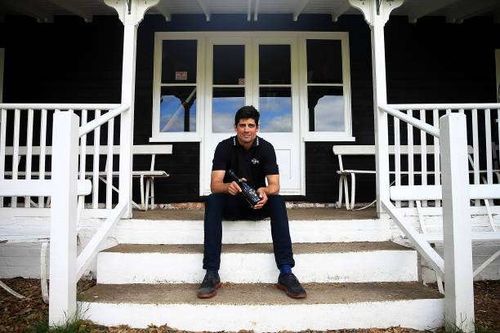
ECB make a move towards free-to-air cricket in new broadcast deal
What’s the story?
The England and Wales Cricket Board (ECB), signed a £1.1 billion broadcasting deal with Sky Sports and the BBC for the 2020-2024 rights cycle for both the UK and Ireland. This includes rights for TV and Radio for both international and domestic matches. Two Twenty20 Internationals and 10 domestic Twenty20 games will be broadcast free-to-air on BBC.
In case you didn’t know…
For readers outside the UK, you may be unfamiliar with the broadcasting system in the nation. In the UK, there are many broadcasting companies, but some of them, like Sky Sports, are behind a paywall.
This has been the case with cricket in the UK since 2006. While it increased the short term broadcasting revenue, the ECB’s main source of income, it meant that only the richest quarter of the English population had access to the sport, which led to a sharp decrease in cricket’s popularity (more than 10% a year).
The deal in 2006 was following England’s Ashes win over Australia, during which popularity for the sport was at its peak. In the 11 years since, popularity has plummeted. The ECB have tried a number of initiatives to revive the game, such as Chance to Shine and All Stars Cricket, which have shown an uptake in success.
The details
The deal with Sky, worth £1.1 billion, is brilliant in terms of its sheer value. However, a move towards free to air broadcasting, however insignificant, shows the ECB’s intention to bring back cricket to the masses. Highlights, 2 T20Is and 10 games of England’s new city-based T20 league (starting in 2020) will be on BBC, a free to air broadcasting service.
There are several ways to understand the ECB’s attempts to revive the sport. The first is by understanding what exactly is happening. Cricket has the image of being an elitist sport enjoyed primarily by an older audience. Several studies paint a horrific picture of cricket’s popularity amongst the youth. This is not great for a sport wanting to grow and the 2006 deal, where cricket rights went to Sky Sports, has been a major cause of the decline.
Also read: Lights! Camera! Action! - A list of improvements for cricket broadcasting
The solutions the ECB have come up with are to revamp their T20 league, pouring money into making a world class T20 competition with eight city-based teams, moving cricket to free-to-air, and several initiatives to target youth, like sending a cricket kit to many England youngsters, a program called All Stars Cricket.
What’s next?
For the ECB, moving permanently to free-to-air can only be financially viable if cricket becomes several times more popular than it is now. Consequently, the multi-pronged approach they are following, of building popularity while slowly moving to free to air, is a good idea.
Author’s take
The only question is, “too little too late?” Cricket in the UK has declined significantly, as has sport in general. If there is an effort to make it free to air, that will help, but by 2024, when the new deal starts, it might just be too late. For now, two T20Is are nothing, but it's a start.
